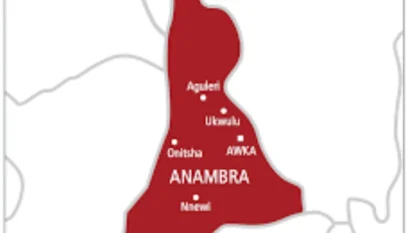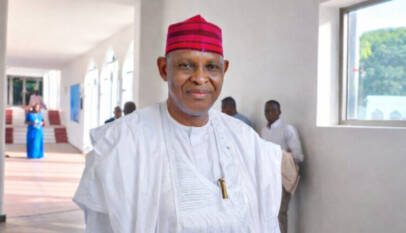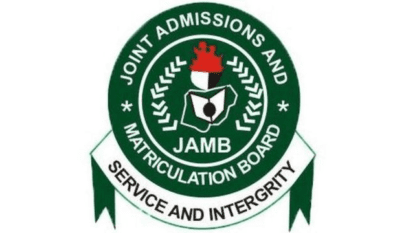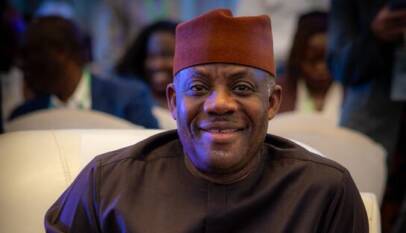By Deborah Nnamdi
A comprehensive list of subjects in the newly introduced Nigerian school curriculum has surfaced online, following a post by the Special Assistant to the President on Social Media, Dada Olusegun, on Wednesday.
Olusegun shared the information via his official X (formerly Twitter) handle, where he posted an unmarked and unsigned image that he said contains the new subject offerings for Junior and Senior Secondary School students.
“The new curriculum for Nigerian schools, which will take effect from the next academic session in September 2025, has been released,” he wrote.
The revised curriculum, officially unveiled by the Federal Government on Sunday, places a strong emphasis on digital literacy, innovation, and practical life skills. Notably, digital literacy and basic entrepreneurship have become mandatory at the Junior Secondary level, while Senior Secondary students will be introduced to programming, artificial intelligence, and additional language options.
Full Subject Breakdown:
Junior Secondary School (JSS 1–3)
Mathematics & Measurement
Topics include numbers, fractions, decimals, percentages, ratios, proportions, rates, geometry (angles, area, volume), algebra, statistics, graphs, and measurements (km, m, cm, g, kg, ml, °C, time zones).
English Language
Focus on essay writing (narrative, descriptive), advanced grammar (clauses, idioms), reading comprehension, vocabulary building, and oral communication (debates, speeches, drama).
Integrated Science
Covers physics (motion, forces, energy), chemistry (matter, mixtures, reactions), biology (cells, reproduction, ecology), earth science (climate, natural resources), technology integration, and laboratory safety.
Digital Literacy & Coding
Skills in Microsoft Word, Excel, PowerPoint, internet research, basic Python programming, advanced Scratch coding, and introductory robotics.
Social Studies
Includes Nigerian and African history, geography, civic education, basic economics (trade, money, entrepreneurship), and global awareness.
Languages
Advanced instruction in mother tongue and conversational fluency in at least one foreign language (French or Arabic).
Creative Arts
Training in drawing, painting, crafts, drama, theatre, film fundamentals, and music.
Physical & Health Education
Emphasizes sports, fitness, nutrition, reproductive health, first aid, and drug abuse prevention.
Senior Secondary School (SS 1–3)
Mathematics & Advanced Applications
Topics include algebra, trigonometry, introductory calculus, probability, statistics, financial mathematics, and applied problem-solving.
English & Communication
Advanced essay writing, academic and research writing, literary analysis, world literature, public speaking, journalism, and fact-checking.
Sciences
Physics: Mechanics, waves, electricity, nuclear physics
Chemistry: Organic, inorganic, industrial, analytical
Biology: Genetics, ecology, biotechnology
Environmental Science: Sustainability and climate topics
Technology & Innovation
Instruction in Python, JavaScript, HTML/CSS, basic data science, artificial intelligence, robotics, digital entrepreneurship, and cybersecurity.
Social Sciences
Includes government and law, micro and macroeconomics, African and world history, philosophy and ethics, and entrepreneurship.
Languages
Advanced study of mother tongue literature and fluency in a foreign language (French, Arabic, or optionally Chinese).
Creative Arts & Innovation
In-depth work in fine arts, music, drama, and film/media production.
Physical & Health Education
Covers advanced sports training, mental health awareness, first aid and CPR, and leadership development.
Research & Project Work
Students will undertake a capstone project involving data collection, analysis, presentation, and defense.
This curriculum overhaul reflects the government’s commitment to aligning education with modern technological advancements and global competencies. The inclusion of subjects like AI, coding, and data science — alongside traditional academic fields — aims to equip Nigerian students with skills relevant to the 21st-century workforce.






























